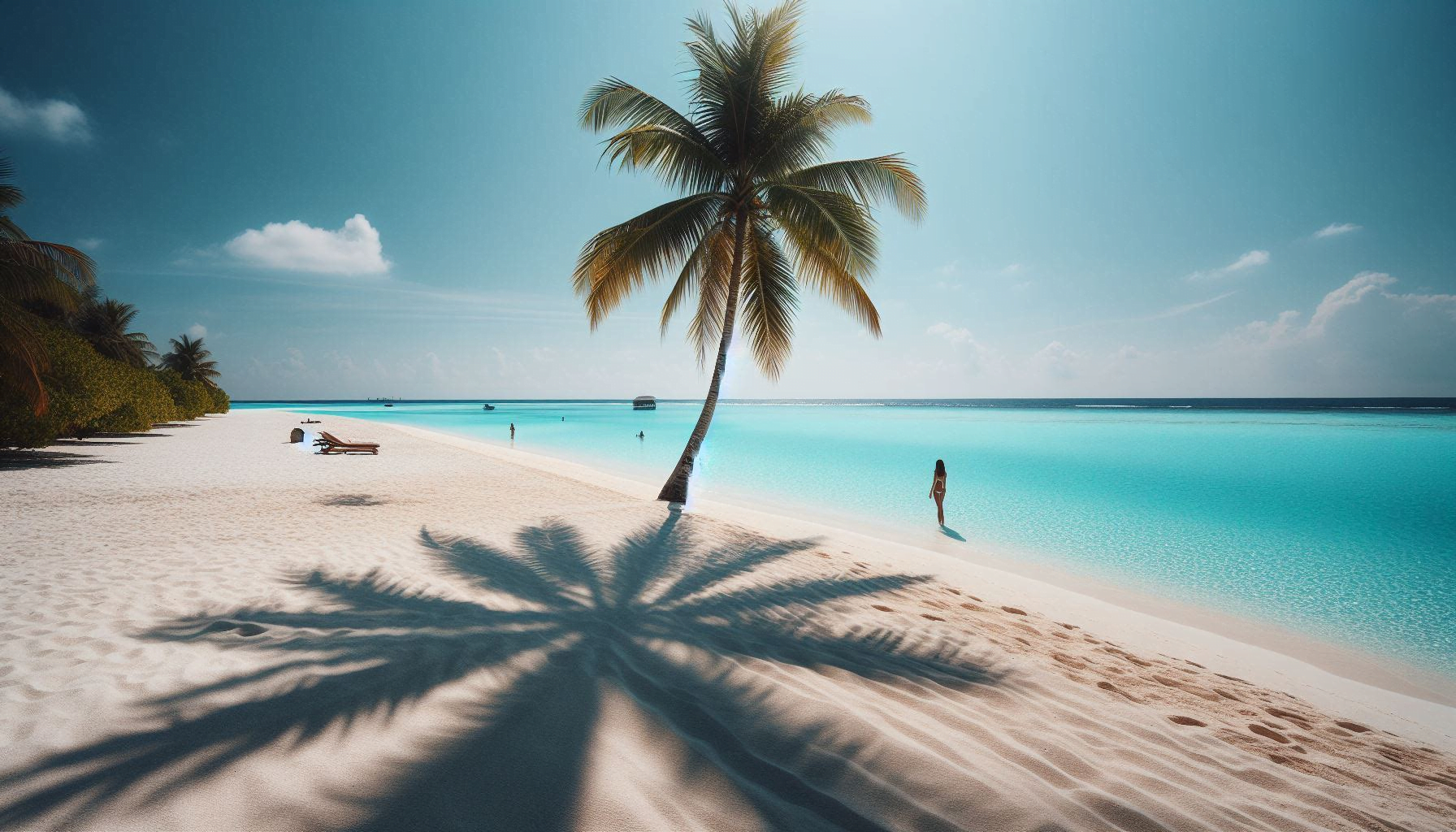Maldives
For decades, India and the Maldives shared a storybook romance. Indian tourists, enchanted by the Maldives’ spellbinding beauty – pristine beaches lapped by crystal-clear waters, and luxurious resorts offering an escape from the everyday cacophony – flocked to the island nation. These weren’t just visitors; they were the lifeblood of the Maldivian economy, their spending a vital infusion for local businesses and communities. The relationship thrived on mutual benefit, a symbiotic dance where India provided a steady stream of tourists, and the Maldives offered a haven of tranquility.
However, paradise took a sharp turn for the worse in early 2024. A series of ill-conceived social media posts by Maldivian officials, deriding Indian Prime Minister Narendra Modi’s visit to an Indian island territory, ignited a firestorm in India. Indians, fiercely protective of their national pride, felt deeply disrespected by a country they considered a close friend and a recipient of their goodwill. The outrage was akin to a slap in the face from a trusted confidante.
The backlash was swift and merciless. Indian tourists, stung by the disrespectful remarks, began cancelling their travel plans en masse. The once-bustling havens of luxury in the Maldives became eerily quiet, devoid of the Indian vacationers who had been their bread and butter. This tourism drought dealt a crippling blow to the Maldivian economy, with estimates suggesting a staggering loss in the billions of dollars. It was a stark reminder that tourism, a seemingly carefree industry built on sunshine and smiles, could be incredibly fragile.
This episode served as a brutal awakening to the power of words and the paramount importance of diplomacy in the digital age. India, a steadfast ally and economic anchor, felt betrayed by the Maldives’ careless social media gaffe. The incident not only wounded the national pride of millions of Indians but also shattered the trust and goodwill painstakingly built over years. It was a harsh lesson in how quickly carelessness in the digital realm could unravel years of diplomatic effort.
Despite belated apologies from the Maldives, the damage was undeniable. Rebuilding the fractured relationship would be an arduous uphill battle. This incident underscored the critical need for responsible communication, especially for nations like the Maldives, where tourism is the cornerstone of their economy. A single thoughtless remark, amplified by the echo chamber of social media, could have catastrophic economic repercussions. It was a stark reminder that in today’s interconnected world, a nation’s reputation is as delicate as spun glass, easily shattered by a single misstep.
Moving forward, both India and the Maldives must glean valuable lessons from this debacle. The Maldives needs to recognize India as more than just a lucrative source of revenue, but as a valued partner deserving of respect and consideration. India, with its vast tourism potential, deserves to be treated with genuine appreciation for its cultural sensitivities, not as a mere transactional opportunity. The Maldives must cultivate a deeper understanding of Indian culture and strive to build bridges of respect. This requires not just official pronouncements but genuine efforts to understand and appreciate the cultural nuances of their most important tourist market.
The Maldives’ predicament serves as a cautionary tale, reminding us that strong international relations require constant vigilance and sensitivity. Respect, diplomacy, and responsible communication are the bedrock upon which enduring partnerships are built, particularly in a world where perceptions can shape the fate of nations. Tourism, often seen as a frivolous pursuit, can be a powerful tool for fostering cultural understanding and international cooperation. When handled responsibly, it can be a win-win situation, enriching both the host nation and the visitors.
As both countries reflect on this episode, a glimmer of hope remains. Perhaps valuable lessons will be learned, and efforts will be made to rebuild the relationship on a foundation of mutual respect and understanding. The path to reconciliation won’t be easy, but it’s a journey worth taking. Only then can the true paradise that once thrived between India and the Maldives be fully restored. This renewed relationship, built on a foundation of respect and cultural sensitivity, can usher in a new era of prosperity for both nations, proving that even in the digital age, diplomacy and understanding can prevail.
More from NewsBuzz1 – America’s Darkest Hour in Vietnam

